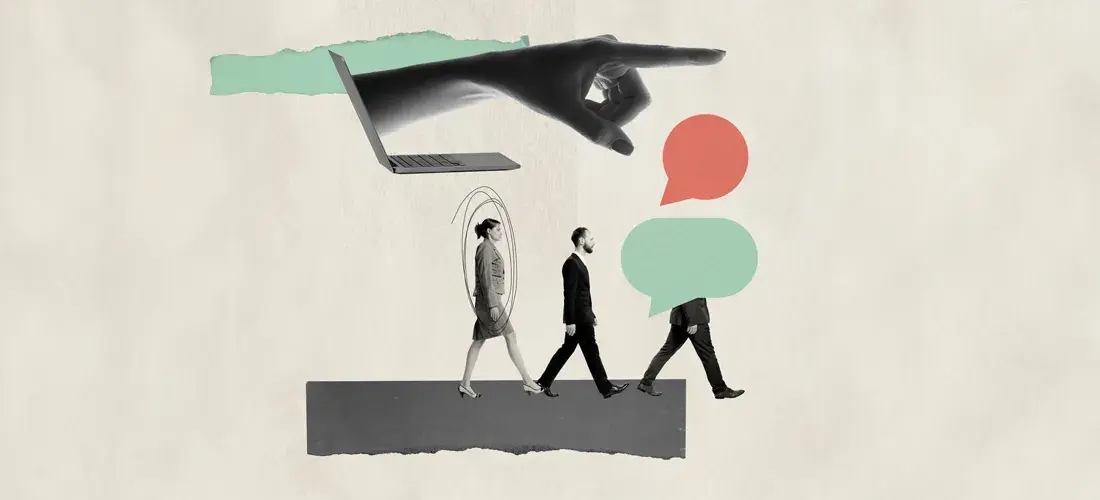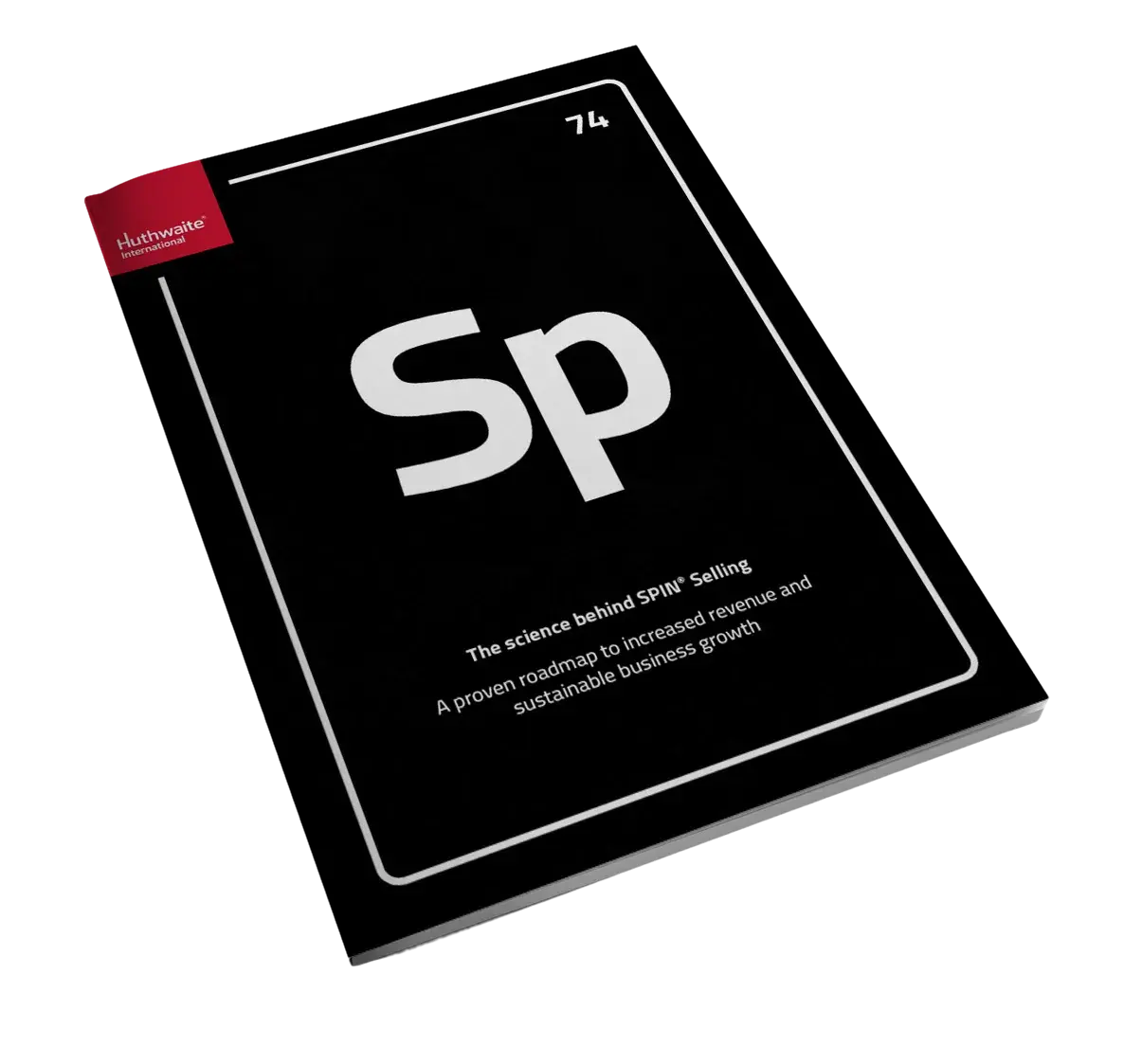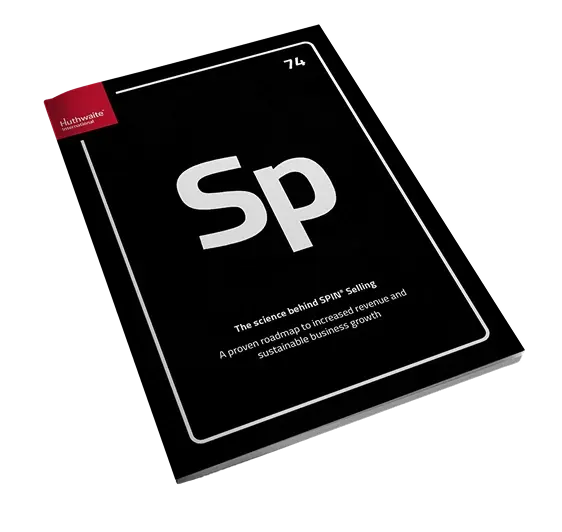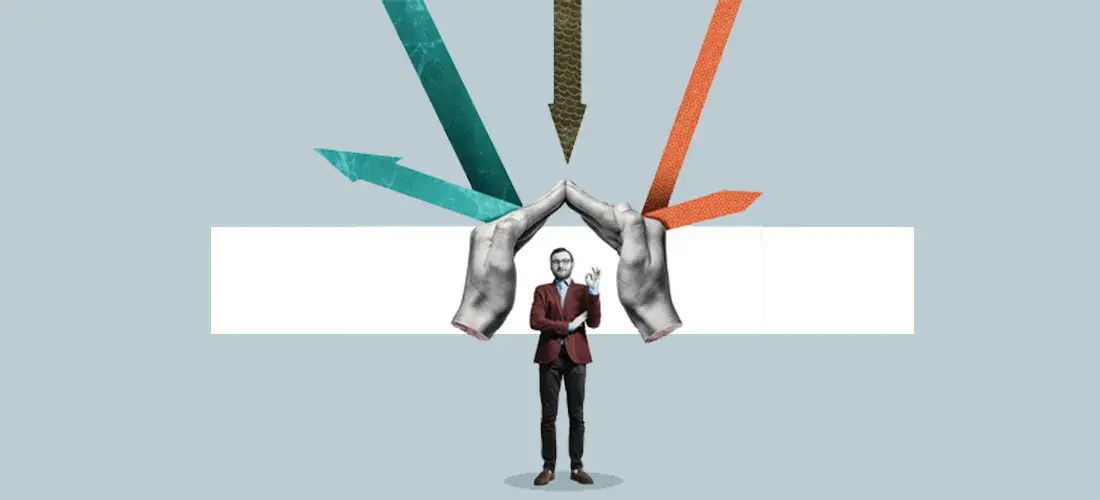Negotiation techniques for challenging situations

In an ideal world, a negotiation would be amicable and see both sides leave with a desired outcome. But oftentimes, this isn’t the case, with some parties complicating matters with methods such as the "good cop, bad cop" routine and claims of lacking authority. Thankfully, there are negotiation techniques you can use to overcome these tricky tactics.
What is ‘good cop, bad cop’ in negotiation?
The ‘good cop, bad cop’ routine is a classic manoeuvre in negotiations, and is often seen in crime dramas and police interrogations.
In this tactic, two negotiators play contrasting roles: one adopts a friendly, cooperative stance (the "good cop"), while the other takes a tougher, more confrontational approach (the "bad cop").
The aim is to create a psychological dynamic that encourages the other party to seek refuge with the "good cop" and make concessions to secure a deal.

Explore the art of negotiation with the Mastering Negotiations podcast.
Drive outcomes that meet your organisation's with actionable tips from industry experts.
Negotiation techniques to counter the ‘good cop, bad cop’ tactic
When encountering the "good cop, bad cop" routine, it's essential to recognise the game being played. While it might seem like a psychological ambush, it's crucial to stay focused on the substance of the negotiation rather than getting caught up in the role-playing. Be aware that negotiation techniques such as this are often used intentionally to manipulate perceptions and emotions.
- Acknowledge the tactic for what it is – a psychological ploy. You need to remain composed and not let the act influence your decisions. This awareness can help you maintain composure and avoid being manipulated.
- While it may be tempting to react strongly to the "bad cop," doing so may play into their hands. Instead, respond calmly and professionally to maintain control of the conversation.
- Don't hesitate to articulate your feelings during negotiations. Saying phrases like "I'm surprised" or "I'm confused" can help clarify the other party's intentions and encourage more transparent communication.
Shaun James, Head of Learning and Skills at Huthwaite International, echoed the importance of conveying your feelings if you’re faced with a situation in which you feel uncomfortable.
“If you’re not happy with the conduct of the people you’re negotiating with, then be sure to express your feelings. And if all else fails, if one person is playing good cop, and the other is playing bad cop, then talk to the good cop.”
In the course of your negotiation, it's also vital to actively seek clarity regarding the other party's intentions. Employ techniques such as summarising their statements, engaging in accurate communication, and asking clarifying questions to ensure a mutual understanding of each other's viewpoints and goals.
Additionally, it's advisable to remain well-prepared at all times. This entails having alternative options and strategies at your disposal, which can help you retain negotiation leverage and adapt to changing circumstances during the process. Being prepared is a cornerstone of effective negotiation.

"Ipsum sit mattis nulla quam nulla. Gravida id gravida ac enim mauris id. Non pellentesque congue eget consectetur turpis. Sapien, dictum molestie sem tempor. Diam elit, orci, tincidunt aenean tempus."
When to use the “I don’t have the authority” technique
- When encountering the "good cop, bad cop" routine, it's essential to recognise the game being played. While it might seem like a psychological ambush, it's crucial to stay focused on the substance of the negotiation rather than getting caught up in the role-playing.
- Be aware that negotiation techniques such as this are often used intentionally to manipulate perceptions and emotions.
Acknowledge the tactic for what it is – a psychological ploy. You need to remain composed and not let the act influence your decisions. This awareness can help you maintain composure and avoid being manipulated. While it may be tempting to react strongly to the "bad cop," doing so may play into their hands. Instead, respond calmly and professionally to maintain control of the conversation. Don't hesitate to articulate your feelings during negotiations. Saying phrases like "I'm surprised" or "I'm confused" can help clarify the other party's intentions and encourage more transparent communication. Shaun James, Head of Learning and Skills at Huthwaite International, echoed the importance of conveying your feelings if you’re faced with a situation in which you feel uncomfortable.

Additionally, it's advisable to remain well-prepared at all times. This entails having alternative options and strategies at your disposal, which can help you retain negotiation leverage and adapt to changing circumstances during the process. Being prepared is a cornerstone of effective negotiation.





